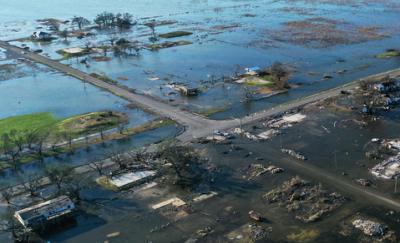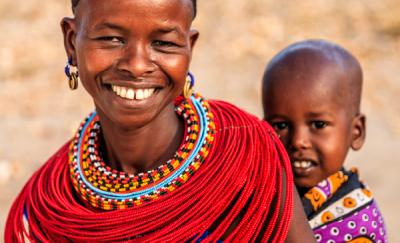Authors
Lauren Olsho, Steve L. Pickett, Brian Sokol, Abt Global; Meredith Wesley, Meghan K. Herring (formerly with Abt Global); Leora R. Feldstein, Josephine Mak, Young M. Yoo, Lauren Grant, Julie Mayo Lamberte, Mark Thompson, Tamara Pilishvili, Claire M. Midgley, Ashley L. Fowlkes, Centers for Disease Control and Prevention; Katherine D. Ellingson, James Hollister, Cynthia J. Porter, Sana M. Khan, Ashley A. Lowe, Zoe Baccam, Flavia Nakayima Miiro, James K. Romine, Krystal S. Jovel, Jefferey L. Burgess, Krystal S. Jovel, Patrick Rivers, Karen Lutrick, Jefferey L. Burgess, University of Arizona; Allison L. Naleway, Jennifer L. Kuntz, Kaiser Permanente Northwest Center for Health Research; Manjusha Gaglani, Baylor Scott and White Health, Texas A&M University College of Medicine; Alberto J. Caban-Martinez, Natasha Schaefer Solle, University of Miami Miller School of Medicine; Harmony L. Tyner, Karley Respet, St. Luke’s Regional Health Care System; Jennifer Meece, Marshfield Clinic Sarang K. Yoon, Matthew S. Thiese, Andrew L. Phillips, Kurt T. Hegmann, University of Utah Health, Rocky Mountain Center for Occupational and Environmental Health; Marilyn J Odean, Whiteside Institute for Clinical Research, St. Luke’s
A new study for the Centers for Disease Control and Prevention confirms what health experts have long argued: mask use, vaccinations, and boosters reduce the risk of COVID-19 reinfection. Two or three doses of an mRNA vaccine reduced the risk of reinfection by more than 50%.
The study, which Abt Global co-authored, looked at previously infected essential and frontline workers who have participated in studies of SARS-CoV-2 since July 2020. Beyond the benefits of frequent mask use and vaccination, the study found that those with a third dose of mRNA vaccine had the lowest risk of reinfection with Omicron. The Omicron variant had a greater potential for reinfection than previous variants.
Risk of infection increased for those with low self-reported mask use and for those with initial infection more than a year prior to the study period. These findings are consistent with risk factor studies for primary infections and suggest that infection-induced immunity wanes over time. Given that 27% of reinfections were asymptomatic, findings suggest that vaccination may have been protective against infections that workers had acquired unknowingly.
Non-Hispanic Black participants had elevated risk of reinfection, which underscores the importance of addressing health disparities. That’s especially true since racial and ethnic minority groups are overrepresented among essential and frontline workers.
“Protecting workers from SARS-CoV-2 reinfection requires a multipronged public health approach including up-to-date vaccination, mask use as recommended, and reduction in underlying health disparities,” the study said.
The results came from data gathered from 4,707 frontline workers in eight locations enrolled in two studies: the Arizona Healthcare, Emergency Response, and Other Essential (HEROES) workers Study and the Research on the Epidemiology of SARS-CoV-2 in Essential Response Personnel (RECOVER) study. Participants self-collected weekly nasal specimens regardless of symptoms and when they felt the onset of COVID-19–like illness symptoms.
Emerging Infectious Diseases



